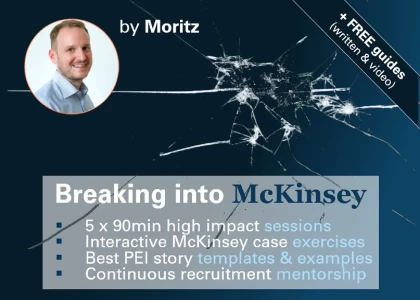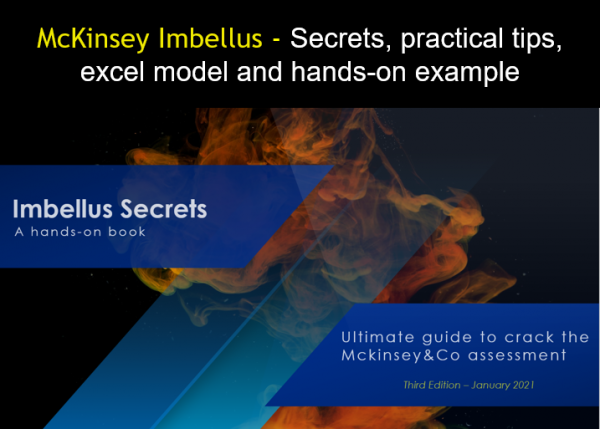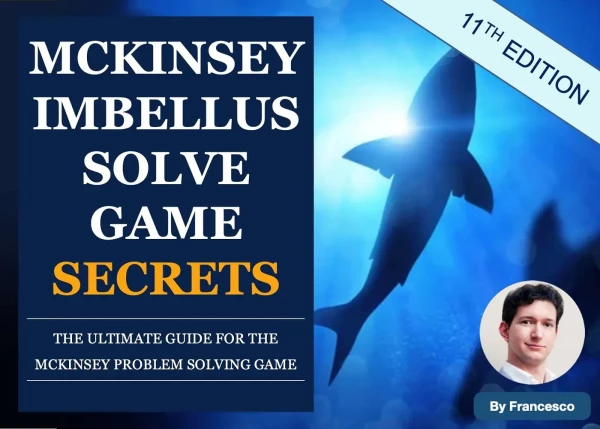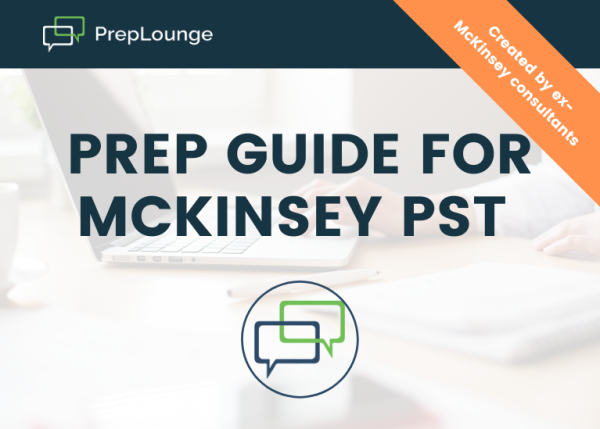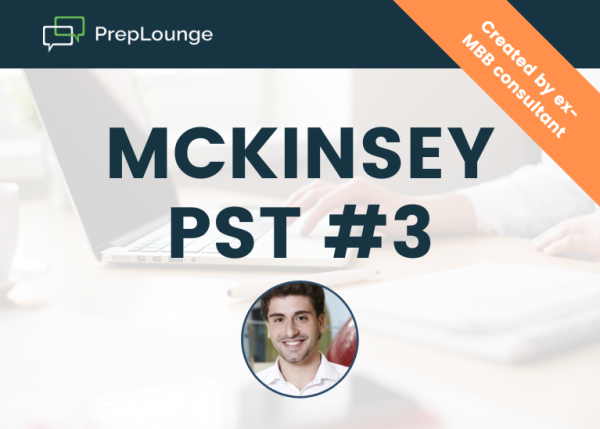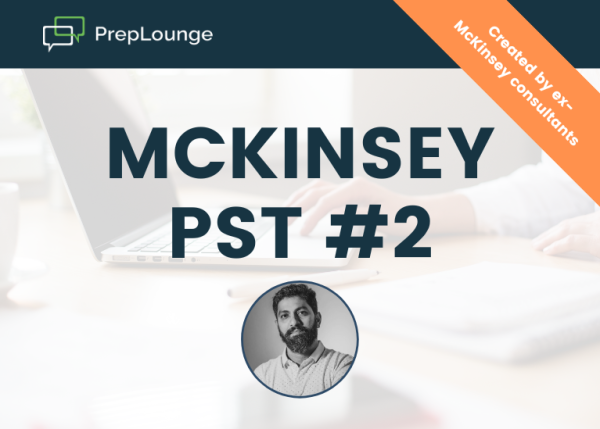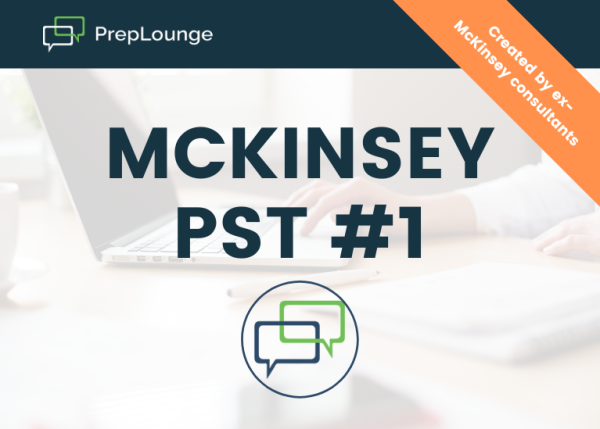Hi, and good day to everyone
In big part because of all the information in this site, I passed the McK 1st round. I've got a call from the recruiter with the following feedback:
- Regarding PEI: No negative feedback, good job overall. Among other sources, I used Florian's article in this site to prepare (I used the STAR method, though).
- Regarding business case:
- Need to be more broad in analysis. Be more creative when brainstorming or giving recommendations. What do you think would be the best way to work on this?
- Need to work on the “analitical” part. Here, the recruiter was not able to give more details. My guess is that this is coming from my first interview, where I feel I did a mediocre job with the opening of the case (very long introduction, several questions/objectives in the middle, I think I lost focus somewhere… fortunately I closed strongly). Do you know what could this feedback mean?
It seems I have at least a couple of weeks now before my next interview to prepare for the 2nd round (something happening in the background, no details given).
Any experience with the McKinsey 2nd round? How would you recomend spending my preparation time?
(editiert)


